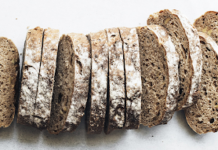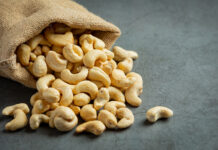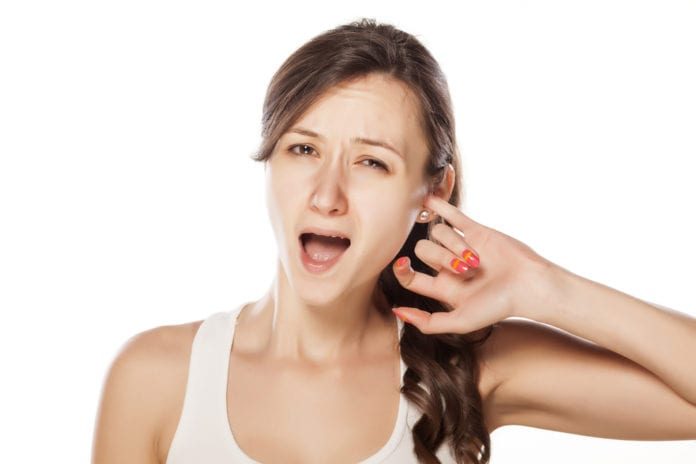Although the ear already has a self-cleaning mechanism that automatically removes dirt, earwax and other debris from the external ear, we still need to clean the external ear where all of it gets deposited. And while cleaning the ear may seem like a child’s play, there are instances when people tend to injure their ear during the process. Some of these injuries can be very serious and may even result in hearing loss. It is, therefore, advisable to take utmost caution when cleaning the ear. Also, it is important to know the basics of ear cleaning. To help, in this post we list the dos and don’ts of ear cleaning that one must follow to avoid any injury when cleaning their ear.
The Dos
1. Be gentle on your ears
As ears are one of the most sensitive parts of the body, you can’t go harsh on your ears when cleaning them. In fact, you need to be extra cautious when cleaning to avoid any serious injuries to it. You can simply use a wet tissue or a cloth to clean your ear.
2. Clean your ear devices regularly
If you use earplugs or headphones or let’s say a hearing device you may have noticed earwax around it. To avoid any problem due to the wax build-up, it is advisable to clean these devices with a dry cloth, on a regular basis.
3. Use softening oils
Using a medical ear cleansing oil is an effective way to remove ear wax. These oils soften the earwax thereby allowing it slide out easily from the inside of the ear. These ear softeners are said to be far more effective than the regular OTC medications that are used for cleaning ear wax.
4. See an otolaryngologist if you notice any changes in your ear If you are facing any hearing problem or notice any symptoms of an ear problem, don’t ignore it. Go see an otolaryngologist. Some of the common symptoms of an ear problem are – mild pain in the ear, sounds seeming muffed, pus-like drainage from the ear and similar other symptoms.
The Don’ts
1. Avoid using cotton swabs
There are many who may swear by cotton swabs, and they may seem harmless, too. But the fact remains that cotton swabs can harm the ear. Some of the potential problems of using a cotton swab include punctured eardrums, damaged ear canal, super impacted wax and similar other such negative consequences.
2. Don’t clean too frequently
Cleaning your ears is good, but over cleaning your ears can do it more harm than good. For instance, cleaning your ear too frequently may lead to the ear canal being stripped of its necessary oils, or cause infection or earwax impaction. Ideally, it’s okay to clean your ears once in two to four weeks.
3. Don’t use any pointed objects to clean your ear People use all sorts of things to cleanse their ear, be it pens, needles, pins, nails – the list is longer than you think. Using such objects just lead to can also lead to hearing loss. If you don’t do it, great! But, if you are one of those who use all sorts of objects to cleanse their ear, then stop doing that right away.
Last few words
Now that you know the dos and don’ts of ear cleaning we believe that next time when there’s excessive wax in your ear, you won’t be tempted to reach out to a cotton swab or something like pen, hairpins etc. And instead, you would opt for a softening oil and visit an otolaryngologist.















